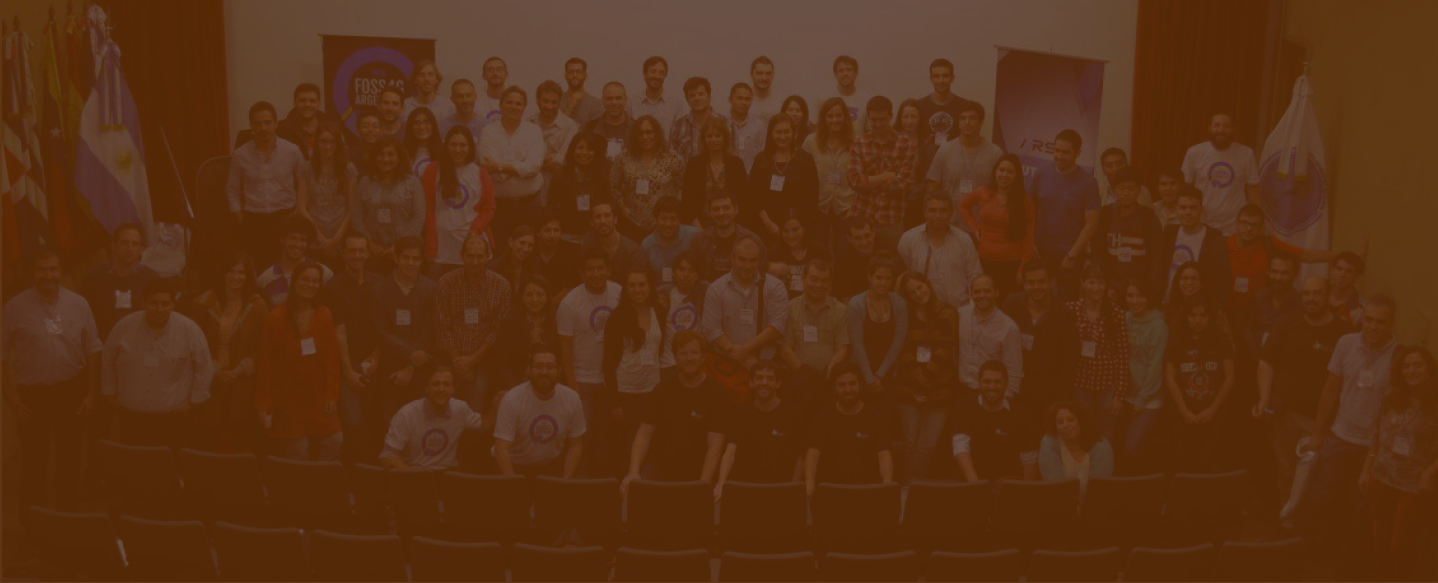Tom Kralidis
Tom Kralidis is with the Meteorological Service of Canada and longtime contributor to FOSS4G. He contributes to numerous projects in the Geopython ecosystem.
Tom is the co-chair of the OGC API - Records Standards Working Group, chair of the WMO Expert Team on Metadata, and serves on the OSGeo Board.
Sessions
pygeometa is a powerful and simple metadata transformation utility using YAML configurations. This lightweight and flexible tool can be used standalone or as part of larger systems, helping make geospatial metadata workflows easier by reducing repetition and overhead of formal metadata standards. pygeometa is to geospatial metadata as what Sass is to CSS. Come and check out our first ever presentation!
pycsw is an OGC CSW server implementation written in Python and is an official OSGeo Project. pycsw implements clause 10 HTTP protocol binding - Catalogue Services for the Web, CSW of the OpenGIS Catalogue Service Implementation Specification, version 3.0.0 and 2.0.2. pycsw allows for the publishing and discovery of geospatial metadata, providing a standards-based metadata and catalogue component of spatial data infrastructures. The project is certified OGC Compliant, and is an OGC Reference Implementation.
The project currently powers numerous high profile catalogues such as US data.gov, geoplatform.gov, IOOS, NGDS, NOAA, US Department of State, US Department of Interior, geodata.gov.gr, Met Norway and WMO WOUDC. This session starts with a status report of the project, followed by an open question answer session to give a chance to users to interact with members of the pycsw project team. This session will cover how the project PSC operates, what is the current project roadmap, and recent enhancements focused on ESA's Earth Observation Exploitation Platform Common Architecture (EOEPCA) and OGC API - Records.
pygeoapi is an OGC API Reference Implementation for Features. Implemented in Python, pygeoapi supports many other OGC APIs via a core agnostic API, different web frameworks (Flask, Starlette, Django) and a fully integrated OpenAPI capability. Lightweight, easy to deploy and cloud-ready, pygeoapi's architecture facilitates publishing datasets and processes from multiple sources.
This presentation will provide an update on the current status and latest developments, including the implementation of numerous new OGC APIs including gridded/coverage data (OGC API - Coverages), search (OGC API - Records), vector/map tiles (OGC API - Tiles), and Environmental Data Retrieval (EDR API).
Keeping (OGC) Geospatial Web Services up-and-running is best accommodated by continuous monitoring: not only downtime needs to be guarded, but also whether the services are functioning correctly and do not suffer from performance and/or other Quality of Service (QoS) issues.
GeoHealthCheck (GHC) is an Open Source Python application for monitoring OGC Web Services uptime and availability.
In this talk we will explain GHC basics, how it works, how you can use and even extend GHC (plugins).
This presentation will include insights and updates on the development of three OGC APIs, namely OGC API Features, OGC API Records and OGC Environmental Data Retrieval API.
Metasearch is a dataset search plugin for QGIS. It was originally created by NextGIS and later adopted by the geopython community. We’ve recently worked on some improvements in Metasearch. You can now also query an OGC API Records endpoint from within QGIS. From that work we were able to advance the OGC API Records implementation in pygeoapi and GeoNetwork and share some valuable feedback to the OGC community about the emerging standard. Catch up on the latest ogcapi-records research and development and the choices being made to support data connectivity and automation.
QGIS demo as a generic Desktop capability.
Alongside the various OGC API server implementations, clients are in the process of being set up to interact with the OGC API services. In this talk we present some new capabilities of QGIS and GDAL to interact with OGC API’s.

